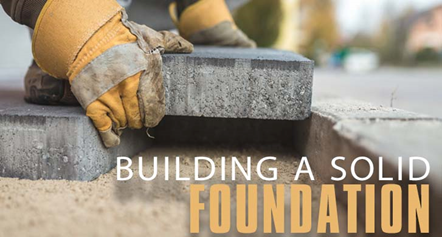PRINCIPLES

Harm Reduction is a values-based approach to engaging and supporting individuals who are currently experiencing harms of a given behavior (such as substance use, sex work, eating disorders, etc.). None of us can practice Harm Reduction, or provide true Harm Reduction Services, without understanding and embracing the principles that are the foundation of Harm Reduction.
The Principles of Harm Reduction
- Acceptance of behaviors that carry risk
- Harm Reduction accepts that people choose to participate in behaviors that can be harmful (such as substance use), and rather than ignore or judge those behaviors, we focus on supporting individuals in minimizing their harmful effects.
- Any reduction in harm is a positive change
- Harm Reduction recognizes that harm exists on a continuum; some behaviors are more harmful than others (e.g. some types of substance use tend to come with more risk than others), and that any reduction in harm is a positive change.
- Health and wellbeing are the most important measure of success
- Instead of focusing on abstinence or the cessation of a particular behavior to define recovery or “success”, Harm Reduction instead focuses on the wellbeing and health of both the individual, and the community as the measure of success. This avoids judgement of behaviors, and instead centers quality of life as the most important focus for the individuals and communities that we serve.
- Every person has equal value and dignity.
- Harm Reduction recognizes the humanity of every individual and does not base their worth on their behaviors. Instead, Harm Reduction recognizes that all individuals are equally valuable and deserve to be treated with unconditional positive regard (the idea that people are inherently good and trying their best with the resources they have).
- Harm Reduction relinquishes authority, and consciously rejects judgement over another person’s choices and right to autonomy.
- Recognize the impact of life experience.
- Harm Reduction recognizes that an individual’s experiences directly impact their ability to effectively deal with harms. Experiences of trauma, oppression, marginalization, racism, sexism, poverty, and other forms of societal and interpersonal violence can make addressing harms increasingly difficult.
- Values and utilizes the knowledge of individuals with lived and living experience.
- Harm Reduction recognizes and values the expertise that individuals with lived and living experience possess and ensures that their voices and goals are central in service design and provision.
- Honest recognition of harm.
- While Harm Reduction focuses on quality of life, respect for individual choices, and rejection of stigma associated with behaviors, Harm Reduction fully recognizes and does not attempt to minimize or ignore the actual harms and risks associated with a behavior.
- Practice radical neutrality
- Harm Reduction consciously disengages from our own beliefs and judgements about what a person should or should not do. Harm reduction directly grapples with ethical gray areas; tolerates, accepts, and seeks to understand difficult behaviors.
- Harm Reduction ensures that the individual experiencing harms is in the driver’s seat, and the service provider is the passenger. As a provider, we relinquish the role of authority, expert, and judge, and instead seek to learn from, and partner with the individual who is seeking to reduce the harms in their life and improve their health and wellbeing (Pat Denning and Jeannie Little, cofounders of the Center for Harm Reduction Therapy).
“My humanity is bound up in yours, for we can only be human together.”
-Desmond Tutu
Additional Resources on Harm Reduction Principles and Pillars
- Principles of Harm Reduction
- Undoing Stigma
- Trauma Informed Harm Reduction
- Six Pillars of Harm Reduction
-
For more information please contact: Katie McMullan katherine.mcmullan@ct.gov

